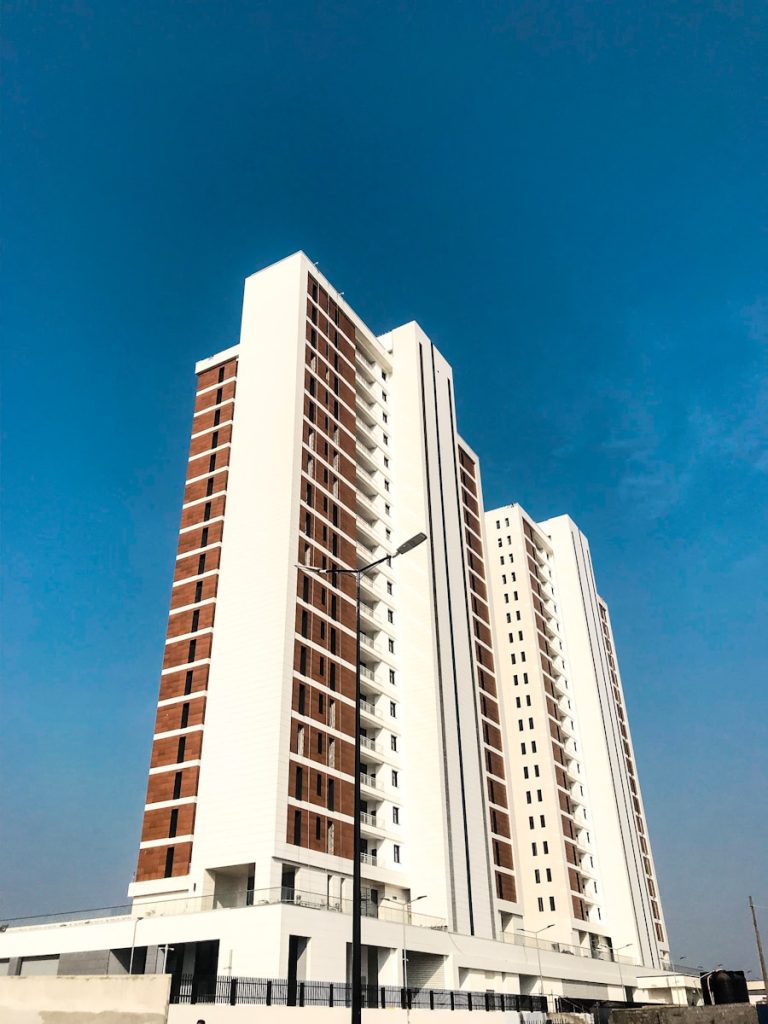
The Subject to Regularization (STR) Visa is a temporary visa granted by the Nigerian government to aliens who have secured employment in Nigeria. It allows the applicant entry into the country while the applicant concludes all the formalities related to long-term residency and permission to work.
Key Features of the STR Visa
1. Employment-Based Visa
The STR visa is available to those who have full-time job offers from employers in Nigeria. It is issued on presentation of a valid job offer or employment contract.
2.Expatriate Quota Approval
The applicant needs to have an Expatriate Quota in his name prior to applying for the STR visa. The quota is required by the Nigerian employer to lawfully employ foreign employees and is thus a mandatory part of the visa process.
3. Transition to Work Permit
Upon entry into Nigeria, the STR visa holder is expected to apply for a Combined Expatriate Residence Permit and Alien Card within a period of 90 days. This is supposed to be long-term residency and work authorization, subject to approval by the Nigerian immigration authorities.
4. Dependent Visas
The families (spouses and children) of the applicant are eligible to apply for dependent STR visas, which will allow them to join the applicant in Nigeria.
5. Employment-Specific Restrictions
The STR visa is also related to the particular job and employer mentioned in the application; therefore, any change of employer or position may require a new visa or work permit.
Requirements for an STR Visa
Following is what needs to be provided by an applicant:
• A valid employment letter from a Nigerian company authorized to hire expatriates.
• Letter of acceptance for the job offer.
• Expatriate Quota Approval obtained by the employer.
• Incorporation documents of the inviting company.
• Valid passport and recent photographs.
• Invitation letter from the employer.
• Educational certificates and a police clearance certificate.
• Medical certificate and proof of yellow fever vaccination.
Duration of the STR Visa
• The STR visa is normally issued for a period not exceeding 90 days.
• Within this time frame, the visa holder is expected to fulfill all necessary immigration requirements for the procurement of a CERPAC for continued residence and work.
Expatriate Quota: Regulatory Framework for Employing Foreign Workers
The Expatriate Quota system in Nigeria allows registered companies to employ foreign nationals in those positions that require highly specialized skills unavailable in the local workforce. This legal framework provides a balancing act in leveraging foreign expertise while developing local talent.
Key Features of the Expatriate Quota System
1. Purpose and Objectives
• Skill Transfer: Ensuring that expatriates transfer highly specialized knowledge and train Nigerian employees
• Local Employment: Ensuring that foreign workers are employed only when no qualified Nigerian candidate is available for the particular position.
• Economic Development: Attracts foreign expertise to enhance growth in key sectors such as oil, telecommunications, and manufacturing.
• National Protection: Avoids dependence on expatriates and protects Nigeria’s economic sovereignty.
2. Application Process
• Company Registration: Employers are required to be registered with the Corporate Affairs Commission, with the requisite capital. Companies with foreign participation are required to have a minimum paid-up capital of ₦100 million.
• Justification of Need: Employers must demonstrate that the needed skills are not available in the country and provide a plan for training understudies who are Nigerians.
• Document Submission: Required documents include tax clearance certificates, financial statements, and evidence of imported equipment.
• Approval: Approved quotas detail the number of expatriates allowed and the duration of employment.
3. Compliance and Monitoring
• Training Requirements: Employers are required to implement training programs for nationals to transfer skills.
• Monthly Reports: Reporting on the utilization of the expatriate quota is required on a monthly basis.
• Inspections and Audits: There are checks by the authorities to ensure compliance.
4. Non-Compliance Penalties
• Delayed Renewal: Quota renewals made after the expiration date will attract some fines.
• Understudy Gaps: Non-training of Nigerian understudies will attract fines.
• Fraudulent Information: Filing fraudulent documentation is punishable by fines or imprisonment.
The STR Visa and the Expatriate Quota system are integral in this regard to regularizing the employment of foreign nationals in Nigeria. It is important that both together ensure such foreign expertise supplements the development of local talent in contributing toward national economic progress.
